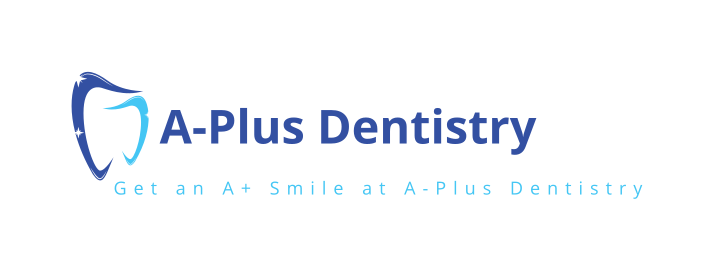The Hidden Link: Sleep Apnea and Dental Problems
Did you know that millions of people struggle with a sleep problem that can secretly damage their teeth? It’s called sleep apnea. This condition causes you to stop breathing over and over throughout the night. This messes up your sleep and can lead to some surprising problems for your mouth and teeth.
Let’s learn more about how sleep apnea and dental problems are interconnected and harming your smile without you even knowing it!
Teeth Grinding (Bruxism)
One of the most common links between sleep apnea and oral health is something called bruxism. That’s a fancy word for clenching or grinding your teeth. When you have sleep apnea, your body sometimes tries to open your airway during sleep by clenching your jaw and grinding your teeth. It does this without you even being aware!
The trouble with teeth grinding is it can really wear down your teeth over time. It can also make your teeth way more sensitive, or even cause them to crack or chip. Plus, all that clenching can leave your jaw feeling sore in the morning.
Dry Mouth
Another issue sleep apnea can cause is dry mouth. Normally, we breathe through our noses while we sleep. But with sleep apnea, your blocked airway can force you to breathe through your mouth instead. This leaves your mouth feeling dry and uncomfortable.
Dry mouth might not seem like a big deal, but saliva actually plays a big role in keeping your teeth healthy. A dry mouth means less saliva, which throws off your mouth’s balance. This can lead to more cavities, gum disease, and even bad breath!
TMJ Disorders
Sleep apnea doesn’t just affect the teeth directly. The constant tension and straining in your jaw from trying to breathe all night can cause problems with your TMJ. The TMJ is your temporomandibular joint – it’s the joint that works like a hinge connecting your jaw to your skull.
TMJ disorders can cause a whole lot of discomfort. You might have pain in your jaw, face, or neck. Your jaw might make clicking or popping sounds when you open or close your mouth, or you could have trouble opening your mouth fully. Ouch!
When to See Your Dentist?
If you think you might have sleep apnea, it’s incredibly important to bring this up with your dentist. They are trained to spot subtle signs of sleep apnea that you might not even notice yourself. Here’s what they’ll be looking for:
Worn-down teeth
Excessive grinding can drastically change the shape and size of your teeth.
Gum problems
A dry mouth increases your risk of gum disease (gingivitis and periodontitis), which can show up as receding or inflamed gums.
Jaw issues
Dentists check for signs of strain or dysfunction in your jaw joint (TMJ), which can be a result of sleep apnea.
The great thing about getting your regular checkups at a place like A-Plus Dentistry is that our dentists are committed to whole-body health. They’ll not only look after your teeth but also consider factors like sleep apnea when they see signs of dental problems. Dentists and sleep doctors often work as a team to find the best treatment solutions for sleep apnea, ensuring you get the relief you need for a healthier night’s rest and a protected smile.
Treatment Options
If you’re diagnosed with sleep apnea, there are a few different ways to treat it depending on how severe your sleep apnea is:
CPAP Machine
This is the most common treatment. CPAP stands for Continuous Positive Airway Pressure. You wear a mask while sleeping, and the machine gently blows air into your airway to keep it open.
Oral Appliances
Dentists can create special mouthpieces called oral appliances that help reposition your jaw to improve airflow. These can also be helpful in reducing teeth grinding.
Conclusion
Sleep apnea might seem like it just affects your sleep, but it can have a sneaky impact on your teeth and gums too. From grinding to dry mouth to jaw problems, sleep apnea can cause various issues in your mouth.
The good news is that treating sleep apnea and dental problems goes along and the best way to cure it is with good oral health. If you have loud snoring, daytime tiredness, or have noticed any of the dental problems we talked about, don’t ignore it! Talk to your doctor or a sleep specialist to see if sleep apnea might be the reason. Getting the right diagnosis and treatment can make a world of difference – for your restful sleep and for your beautiful smile!


Leave a Reply